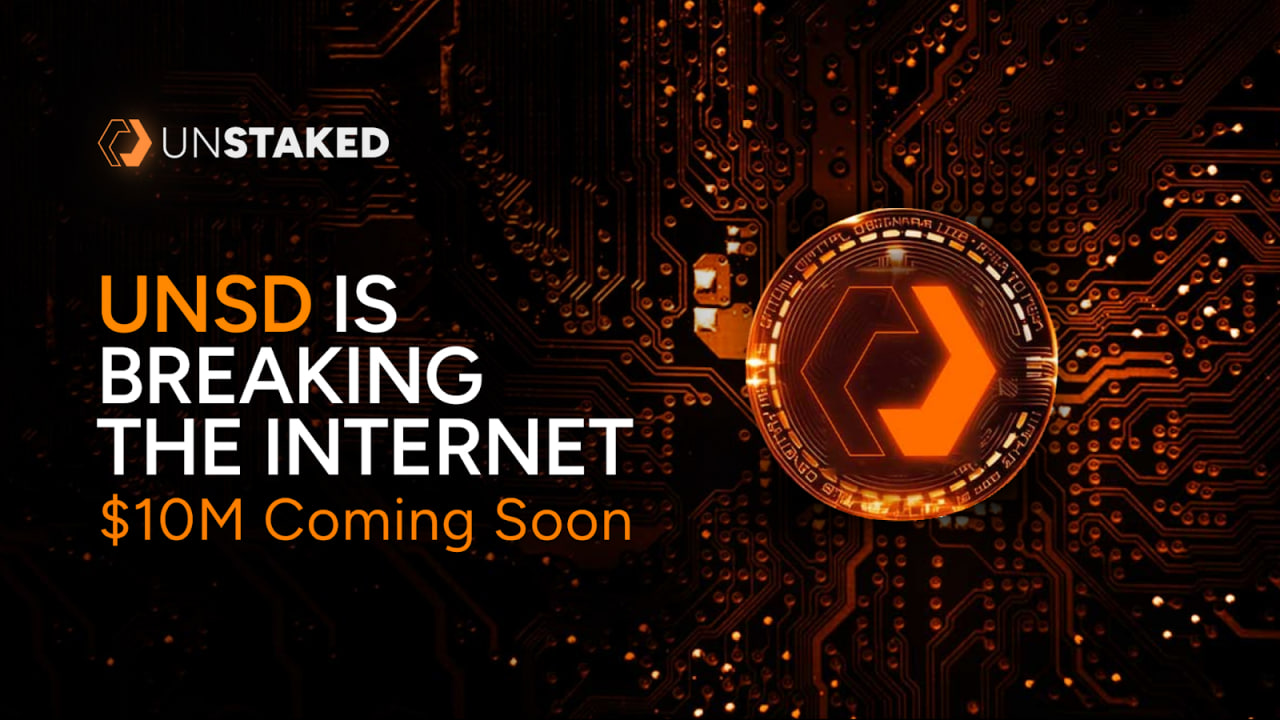AI x Crypto - The Infrastructure of a New Internet Economy
HodlX Guest PostSubmit Your Post
The convergence of AI (artificial intelligence) and crypto isn’t a trend it’s a structural shift. As both ecosystems mature, they’re beginning to solve each other’s most difficult limitations.
AI brings automation, content generation and adaptive intelligence. Crypto brings trustless systems, composability and programmable ownership.
Together, they are not just reshaping software – they are laying the foundation for the next internet economy.
Over the past decade, crypto has quietly built the base infrastructure for a more open internet.
Blockchains, smart contracts, decentralized storage and public-key systems have created the rails for verifiable, user-owned applications.
But the applications themselves have often lacked a human interface.
Meanwhile, AI has become a transformative force in content, conversation and utility but it exists primarily behind APIs owned by private companies.
Without crypto, AI has no native way to express ownership, prove authenticity or distribute value.
The intersection of these two technologies is where things get interesting.
Crypto fixes the ownership problem in AI. When an AI model generates an image, a video, a song or an essay, who owns that output? Who gets credited or paid?
With crypto, we can establish provenance, register outputs as NFTs, encode revenue splits via smart contracts and give AI-generated content an on-chain identity.
It’s not just about digital art or collectibles – it’s about building economic rails for intelligence itself.
What we’re talking about is the ability to assign financial agency to digital creators that aren’t human and to do it in a way that’s transparent, immutable and global.
At the same time, AI fixes the usability problem in crypto. Crypto protocols are powerful, but they’ve always required users to learn complex interfaces and workflows. AI simplifies that.
With AI-powered agents or virtual characters, crypto becomes easier to use, more intuitive and more personal.
Agents can explain your transaction history, recommend a DeFi strategy, auto-compound your staking rewards or even act on your behalf.
Imagine an AI wallet that knows your goals and can navigate crypto like a power user – but with zero friction.
This drastically reduces the cognitive load required to participate in decentralized systems.
What emerges is a new kind of software, autonomous, self-improving and financially active.
Virtual influencers that post, respond and grow audiences. Trading bots that learn and adapt in real time. Digital concierges that offer services across platforms 24/7.
These aren’t just AI toys. They are monetizable digital labor. They generate value, interact with users and evolve.
And they require crypto infrastructure to function – wallets, payments, identity, coordination and access to permissionless systems.
We’re already seeing this materialize in the creator economy. A musician can deploy a digital twin that composes, remixes and engages with fans on their behalf.
A fitness influencer can scale themselves into dozens of AI-powered coach bots that interact with users in real time.
Every one of these agents can be tokenized, monetized and operated autonomously.
And behind it all, crypto is the connective tissue that ensures payments, permissions and provenance work at scale. These systems are already emerging.
But the real opportunity is in making them composable, where developers can plug together AI models, data sources and crypto primitives to build entirely new categories of experiences.
Just as Shopify enabled a long tail of e-commerce entrepreneurs, this stack will unlock a long tail of intelligent, automated and monetizable software.
At a deeper level, what we’re witnessing is the birth of a new computing layer. AI turns software into services that adapt. Crypto turns services into networks that anyone can join or fork.
Together, they form ecosystems that are intelligent, decentralized and economically aligned. You don’t just use the app, you own a piece of it, improve it or extend it with your own logic.
There are also governance implications.
As AI systems begin to participate in markets, we’ll need ways to manage collective behavior, enforce accountability and define rights – not just for human users but for the digital agents and influencers themselves.
Crypto-native governance, DAOs and reputation systems may offer a starting point for building these new frameworks.
The internet is evolving. We’re moving from platforms to protocols. From static pages to conversational agents. From corporate-owned to user-owned networks.
In that world, AI gives us the intelligence to act. Crypto gives us the structure to coordinate. And what we build on top will redefine how people interact, earn and create online.
If crypto gave us digital property rights, AI gives us digital labor. The combination isn’t just powerful, it’s inevitable – and we’re still early.
Harrison Hines is the CEO and founder of Fleek, an agentic cloud platform that gives developers and creators the tools to create, manage and monetize AI agents and virtual influencers. Before launching Fleek, Harrison founded Token Foundry at ConsenSys and has spent the past eight-plus years building in the blockchain and Web 3.0 space, now focused on the next evolution of the web – virtual influencers.
Follow Us on Twitter Facebook Telegram













